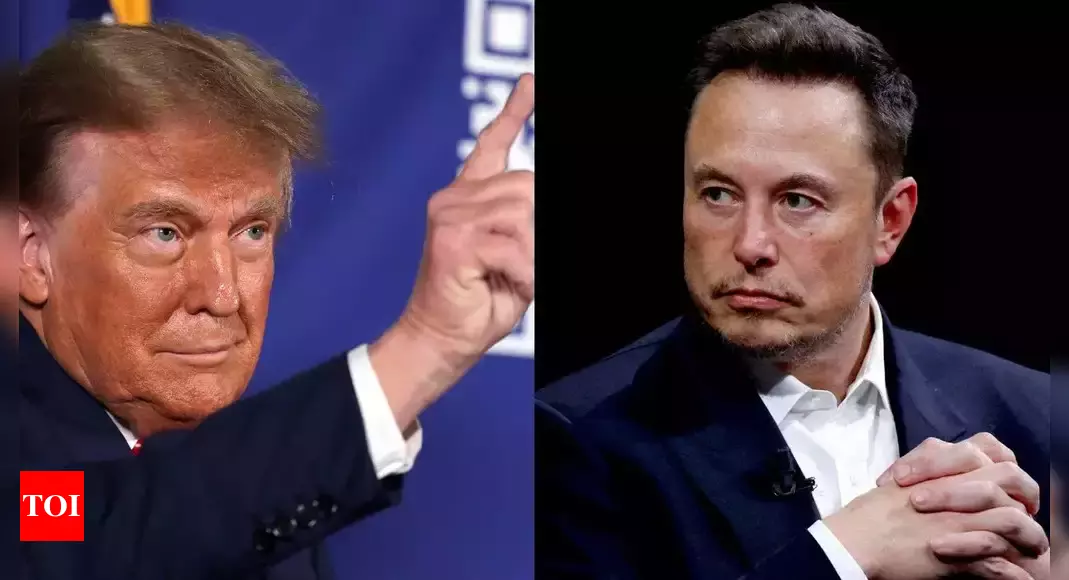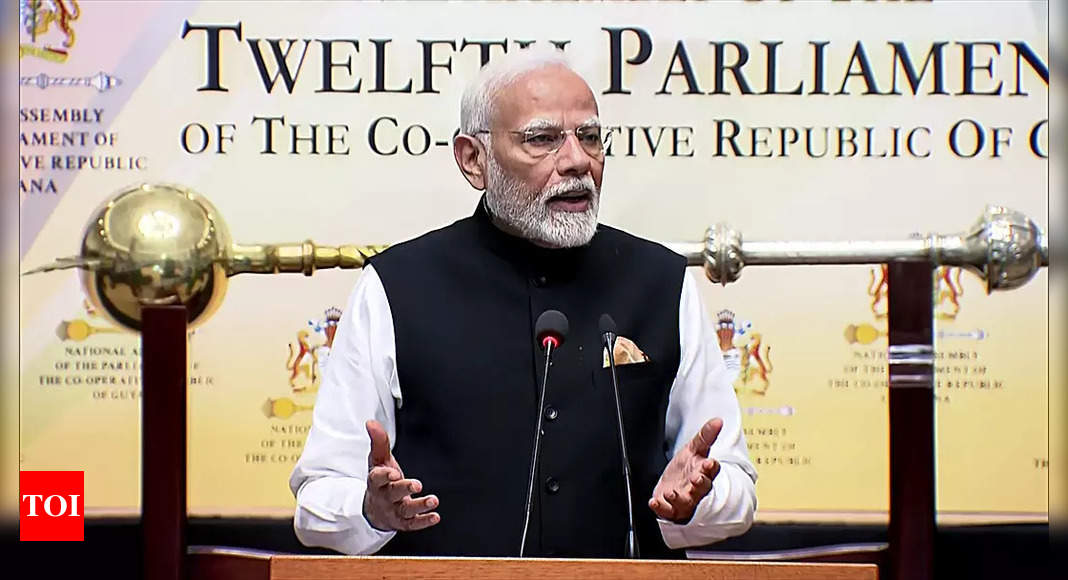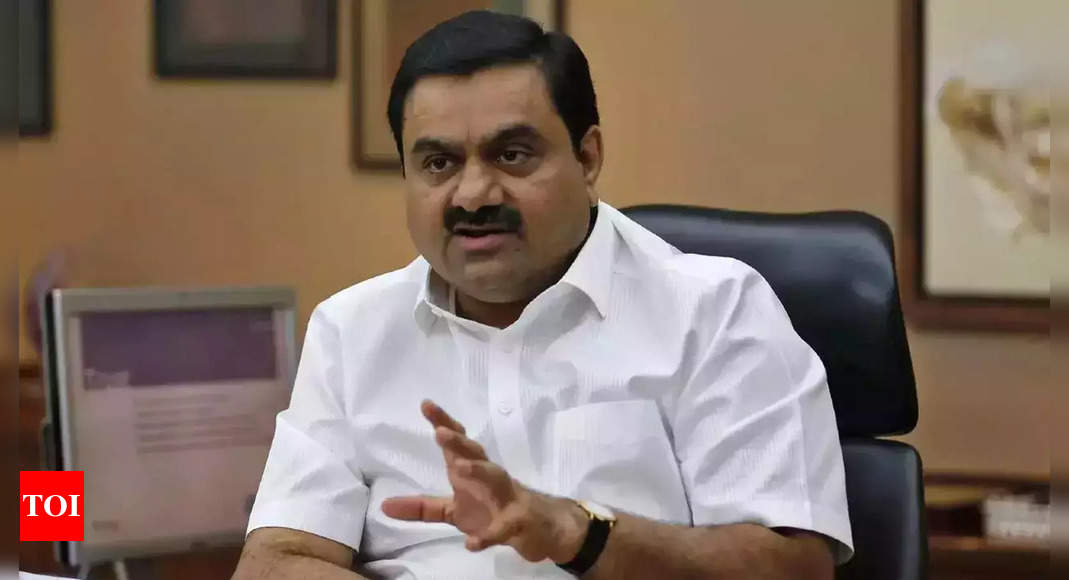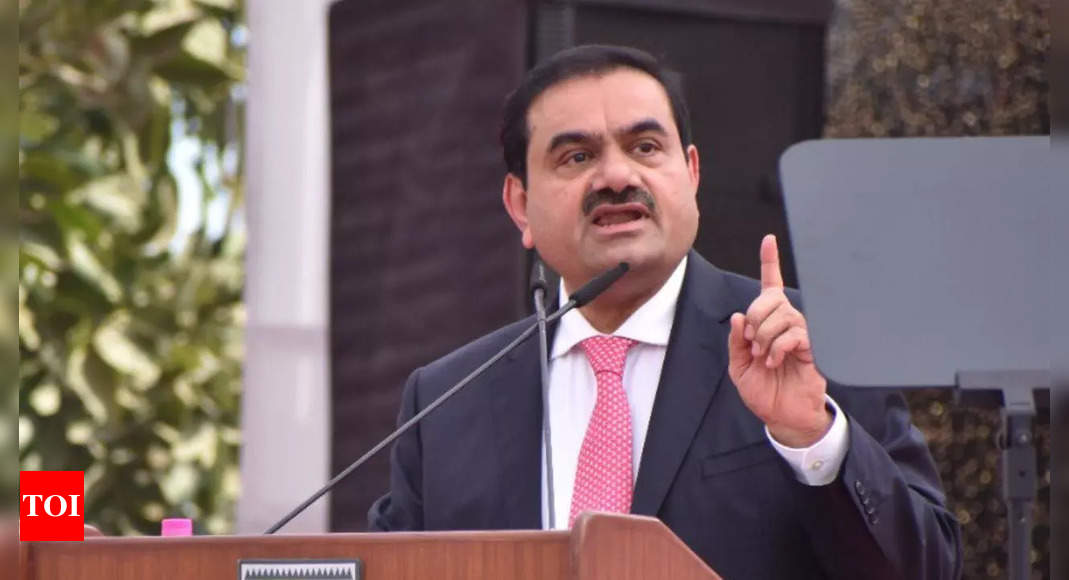
Speaking at the New York Economic Club, Trump outlined his plan to overhaul federal operations, promising significant changes aimed at cutting waste and boosting efficiency.
“I will create a government efficiency commission tasked with conducting a complete financial and performance audit of the entire federal government,” Trump declared. He added that the commission would develop an action plan to eliminate “fraud and improper payments” within six months of its formation. This initiative, Trump asserted, would save “trillions of dollars” and enhance the service quality provided by the government.
Musk’s role and reactions
Elon Musk, who has previously expressed interest in the role, confirmed his willingness to lead the commission. “I look forward to serving America if the opportunity arises,” Musk said on X, his social media platform. “No pay, no title, no recognition is needed.” Despite this, the specifics of how the commission would function remain unclear.
Trump’s proposal has drawn mixed reactions. Steve Moore, a supporter of the plan, lauded Musk’s potential leadership, saying he would be “absolutely perfect” for the role. On the other hand, Everett Kelley, president of the American Federation of Government Employees, criticized the plan, accusing Trump and Musk of aiming to dismantle the civil service in favor of allies.
Musk’s Political ties and controversies
Musk’s support for Trump has raised eyebrows, particularly given his recent actions on social media. Musk has used his platform to attack Harris and support Trump, including sharing manipulated images that have sparked controversy. His growing political influence is seen as part of his broader shift to the right, which includes supporting Trump’s policies and participating in pro-Trump super PACs.
Trump’s economic policies: A Broader picture
Alongside the efficiency commission, Trump’s speech touched on other economic strategies. He promised to cut corporate tax rates to 15% for domestic manufacturers and to establish “low-tax” zones on federal lands to encourage new housing construction.
The former president also vowed to enact a national emergency declaration to expedite new energy projects and pledged to ban mortgages for illegal immigrants in California, though specifics on implementation were lacking.
In contrast, Trump’s opponent, Vice President Kamala Harris, has proposed a $25,000 credit for first-time homebuyers, which Trump dismissed. The former president also indicated plans to limit mortgages for undocumented migrants in California, a move criticized for lacking concrete details.
Criticism and controversies
Trump’s efficiency commission proposal has not been without criticism. Everett Kelley, president of the American Federation of Government Employees, criticized the plan as a thinly veiled attempt to undermine the nonpartisan civil service. “There’s nothing efficient about that,” Kelley argued.
Furthermore, Musk’s close ties with Trump have attracted scrutiny. Musk has recently engaged in controversial activities, including sharing a manipulated image of Harris on X, which drew criticism for violating platform policies. Despite this, Musk’s endorsement of Trump and the alignment with Trump’s economic agenda reflect a significant shift in political dynamics.
Implications and future prospects
As Trump and Musk’s partnership solidifies, it raises questions about the potential influence Musk could wield in US policymaking. With less than nine weeks until Election Day, Trump’s proposal for an efficiency commission could play a pivotal role in shaping his campaign’s economic narrative.
The growing ties between Trump and Musk, alongside Trump’s ambitious policy plans, will be crucial in determining the future trajectory of US economic policy, especially if Trump secures a second term. However, the effectiveness of such a commission in achieving its stated goals remains to be seen, as budget experts suggest that while substantial cuts are possible, achieving trillions in savings without impacting federal services is improbable.
In the meantime, Trump’s economic agenda and his alliance with Musk continue to capture public attention, setting the stage for a high-stakes election battle.









